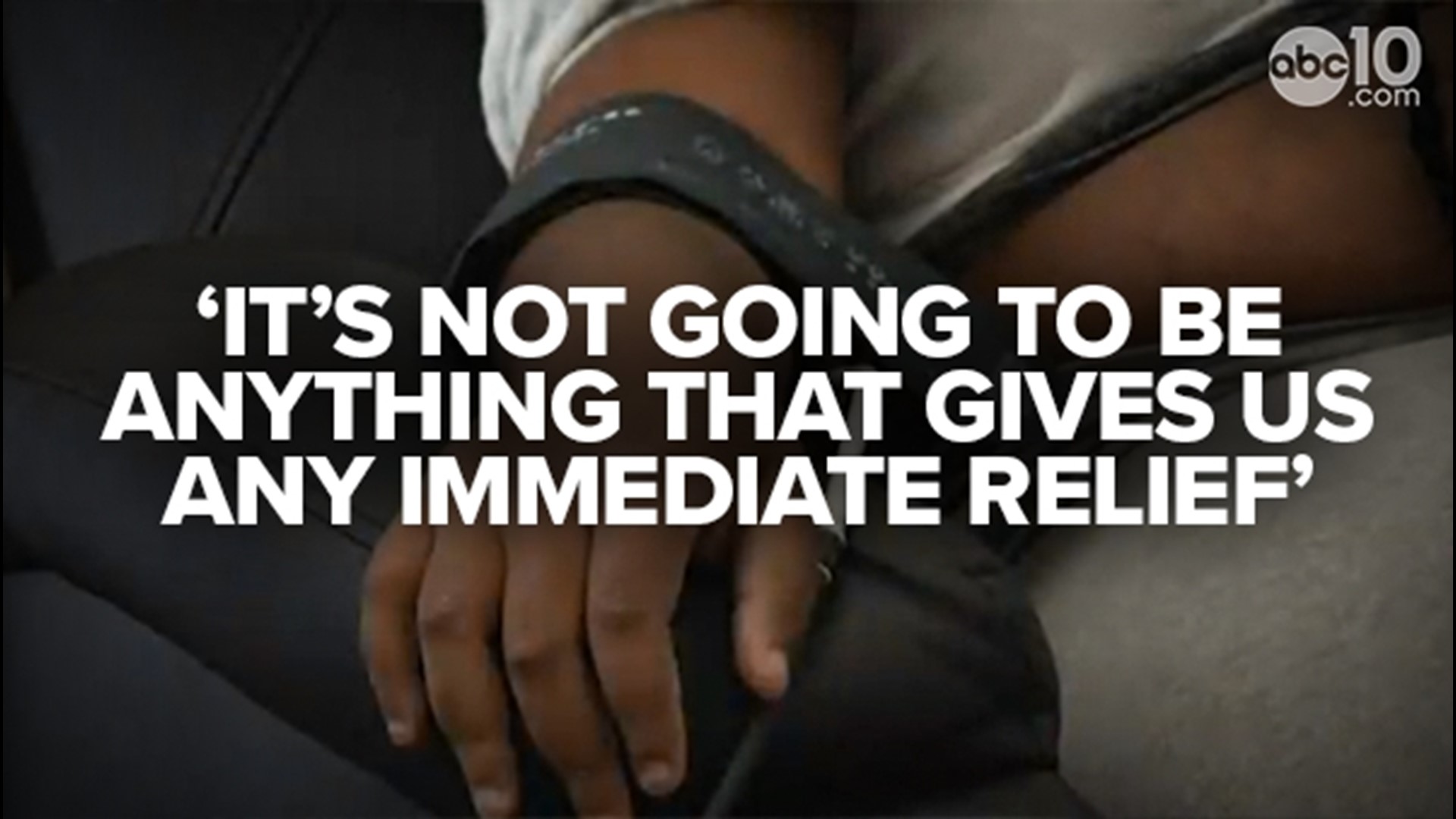SACRAMENTO COUNTY, Calif. — The U.S. Supreme Court overturned Roe v. Wade on June 24, stripping away women's constitutional protections for abortion that had been in place for nearly 50 years.
At least 14 states banned or severely limited abortion immediately.
"It forces birth," said Kimberly Robinson, community liaison, Black Women for Wellness. "Pregnancy can be a risk for women. Now, they are going to have to deal with outcomes they may not be ready for or prepared for."
Since abortion remains legal in California, the state is now seeing a surge in patients coming from out of state. According to the Guttmacher Institute, California's abortion patient load could jump from 46,000 to 1.4 million, annually.
Planned Parenthood is already being stretched thin while working to keep up with the demand for abortion services. The majority of patients, they say, come from Texas.
"Anyone that walks through our doors, we are here to provide them with passionate and confidential care," said Stacy Cross, President & CEO, Planned Parenthood Mar Monte. "The day of the Roe v. Wade decision, we were ready to handle an additional 250 to 500 patient visits a week across our affiliate."
According to the Centers for Disease Control and Prevention, Black women are nearly four times more likely to have an abortion than white women. The reasons for these higher rates are systemic, driven by a lack of access to and effective use of contraceptives.
"This is going to hit low-income families and people of color the hardest," Cross said. "It is a challenge. But we are stepping up to that challenge and doing everything that we can to protect our patients and keep our doors open."
On Friday, President Biden signed an Executive Order aimed at protecting abortion access. But, many reproductive justice advocates say it's not enough.
"It's going to be interesting to see what will be the outcome of this Order," Robinson said. "But, I know that it's not going to be anything that's going to immediately give us any relief right now."
Californians will head to the polls in November to make their voices heard. Proposition 1, the Right to Reproductive Freedom Amendment, will be on the ballot.
A "yes" vote supports amending the state constitution to prohibit the state from interfering with or denying an individual's right to reproductive freedom, which includes a right to an abortion and a right to contraceptives, while a "no" vote opposes the amendment.



















